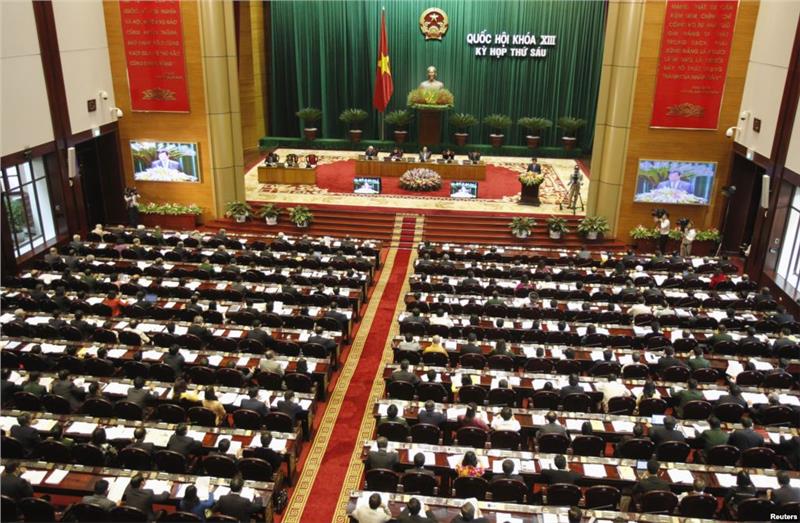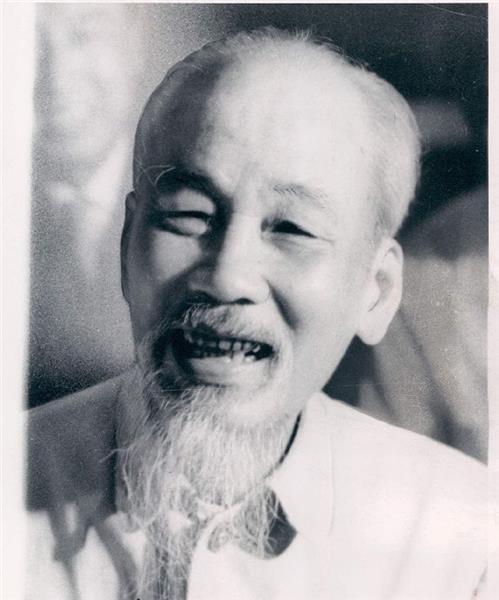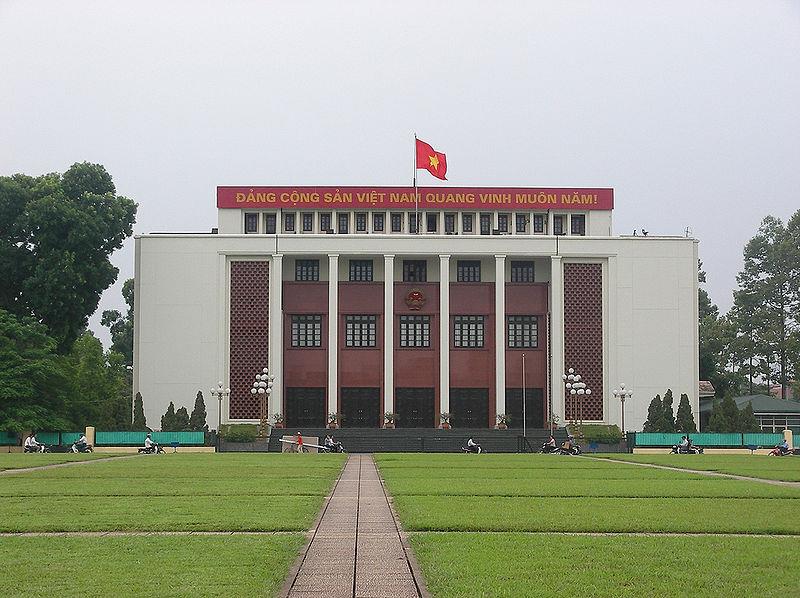Communist Party of Vietnam, also known as Vietnamese Communist Party is currently the founding and ruling political party in Socialist Republic of Vietnam under the Constitution (as amended in 1992), and is the only political party allowed to operate. According to the Platform and the Charter officially announced today, Communist Party of Vietnam is the faithful representative of the working class, workers and takes Marxism-Leninism and Ho Chi Minh Thought as the lodestar for all activities of the Party.

Vietnamese Communist Party was founded in 1903 (and is later a division of the International Communist) under Marxism-Leninism. The principle of the Party organization as well as Vietnam politics was democratic centralism.
Party Charter in 1951 identified that Vietnam Communist Party is the Party of the working class and Vietnamese working people. The purpose of the Party is to develop people's democracy regime, gradually lead on socialist regime in Vietnam in order to implement freedom and happiness for the working class, working people and all people in Vietnam; simultaneously, build a democratic and prosperous Vietnam country under socialist path and ultimately implement the ideal of communism.

Communist Party of Vietnam was founded by Nguyen Ai Quoc convening Vietnam communist delegates from January 6, 1930 to February 8, 1930 in Hong Kong, on the basis of unifying three communist organizations in Indochina (Indochinese Communist Party, Annam Communist Party and Communist Indochina Federation). The Convention decided to establish only one communist organization, named Communist Party of Vietnam. On the first Central Committee Meeting in Hong Kong from January 14 to October 31, 1930, the party's name was changed to the Indochinese Communist Party according to the request of the Third International (International Communist) and Tran Phu was elected the first General Secretary.

Communist Party of Vietnam is under Marxism-Leninism with the principle of democratic centralism. National Assembly is the most powerful organ of the party in Vietnam. It is the only agency to promulgate or amend the Party Charters and political programs, approve over-prorogue summary reports and declare the resolution on the course of action next term, and elect the Central Committee, the highest leading organ of the observance of Congress resolutions.
Between two Congresses, Central Committee is the highest leading organ. Central Committee is elected by the National Assembly and will be convened each 6 months or extraordinary meetings when necessary. Central Committee elects the Politburo, elects General Secretary in members of Political Bureau and establishes the Secretariat to handle the job according to tasks defined in Party Charter. Secretary General heads Central Committee, chairing Central Committee, Politburo and Secretariat as well.
National Assembly is usually held once every 5 years to determine the leadership of the Party and State, yet extraordinary congresses sometimes will be held when needed. Simultaneously, Army Congress also organized once 5 years to elect Central Military Committee, composing of some members assigned by the Politburo and members of the military to military leadership as Vietnam Communist Party proposed.
Communist Party of Vietnam also remains a system of Commissions, in which Commission each was headed by a chief (lowest position as members of Central Committee). Among them, Central Inspection Commission specializes to consider the political quality and moral conduct of members who are senior officials, along with the investigation of negative cases related to senior party members.
